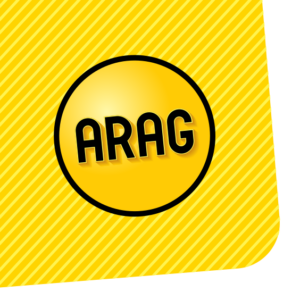Practice Areas

Barnes Cadwell Law
A Professional Association of Attorneys
We concentrate on highly specialized areas of the law including:
- Estate Planning, Wills, Trusts, Probate
- Asset Protection
- Creditors’ Rights
- Support for small businesses
Contact Us
Indianapolis, IN
10475 Crosspoint Blvd
Suite #202
Indianapolis, IN 46256
Call Us : 317-249-8698
Lafayette, IN
Lafayette, IN
Call Us : 765-307-5451
*Virtual Consultations Available via FaceTime or Zoom meeting
Indianapolis, IN
10475 Crosspoint Blvd
Suite #202
Indianapolis, IN 46256
Call Us : (317) 489-0648
South Bend, IN
1251 N Eddy St.
Suite 200
South Bend, IN 46617
Call Us : (574) 400-2619
*Virtual Consultations Available via FaceTime or Zoom meeting
Martin Barnes/Jeff Cadwell
Indianapolis Lawyers for Indiana
QUESTIONS ABOUT WILLS, TRUSTS, ESTATE PLANS, PROBATE MATTERS AND CREDITORS’ RIGHTS ?
Testimonials
We met with Marty and he was very personable, helped us understand the law, considering our situation personally, answered all her questions, never made us feel hurried. It was overall a great experience. We left feeling comfortable that our Will provided the best situation for our children if one or both of us died.
Marti is very knowledgable on wills and estate planning. He's very easy to work with. He is down to Earth, friendly, and understanding.
Marty was very informative and helpful. He adjusted his schedule to fit ours. He made sure we understood what was happening and what would be expected of us under the terms of the will. He was very easy to talk to and treated us with professionalism. I would certainly recommend him to anyone in need of the services he renders.
Mr. Cadwell did an outstanding job with our estate planning. He is very thorough, compassionate, and patient. Highly recommended.
I hired Mr Barnes to help me with Estate Planning. He provided very sound legal advice and wrote my will and other documents very efficiently. I found his legal services quite affordable and am very pleased with everything he did for me. He is very thorough and professional.
Very informative, thorough and timely.
Aug, 2018

Recent Posts
When Should You Hire an Estate Planning Attorney in Indianapolis?
What Is Estate Planning? An estate plan is a set of documents that you create with the help of an estate planning lawyer to protect your personal property and your assets. In these documents, it [...]
Why Do I Need a Wills and Estate Planning Attorney?
What happens when someone dies without a will? Your estate can become stuck in the probate process, leaving loved ones without access to property or funds you intended for them after you pass away. Creating [...]
Understanding Estate Planning and Probate Law
Less than one-third of American adults have a will. Even among Americans 55 years of age or older, less than half have a legal will or have completed any estate planning. But is this really [...]
Our Location
Indianapolis, IN
Phone: 3172498698
Address:
10475 Crosspoint Blvd
Suite #202
Indianapolis, IN 46256







